
Officials Confirm EHM at Turf Paradise Racetrack
The affected horse presented with neurologic signs on Feb. 8 and was moved to a referral hospital. One barn at the track is quarantined.
Horse breeding from planning through foal care

The affected horse presented with neurologic signs on Feb. 8 and was moved to a referral hospital. One barn at the track is quarantined.

Weanlings turned out with shelter access had no more respiratory issues than those housed in warmer stables during a harsh Finnish winter.
Penn Vet’s clinic has resumed normal operations and is admitting equine elective and emergency patients with minimal restrictions.
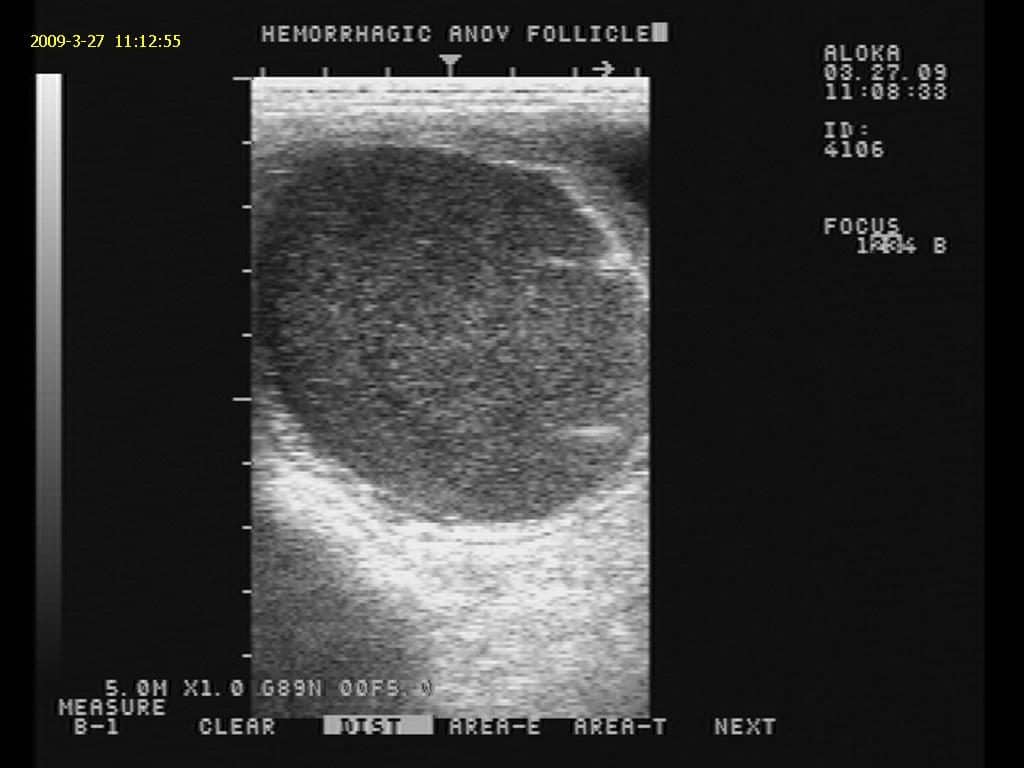
Knowing which ovarian abnormalities are benign and which are pathogenic can help vets manage mare successfully.
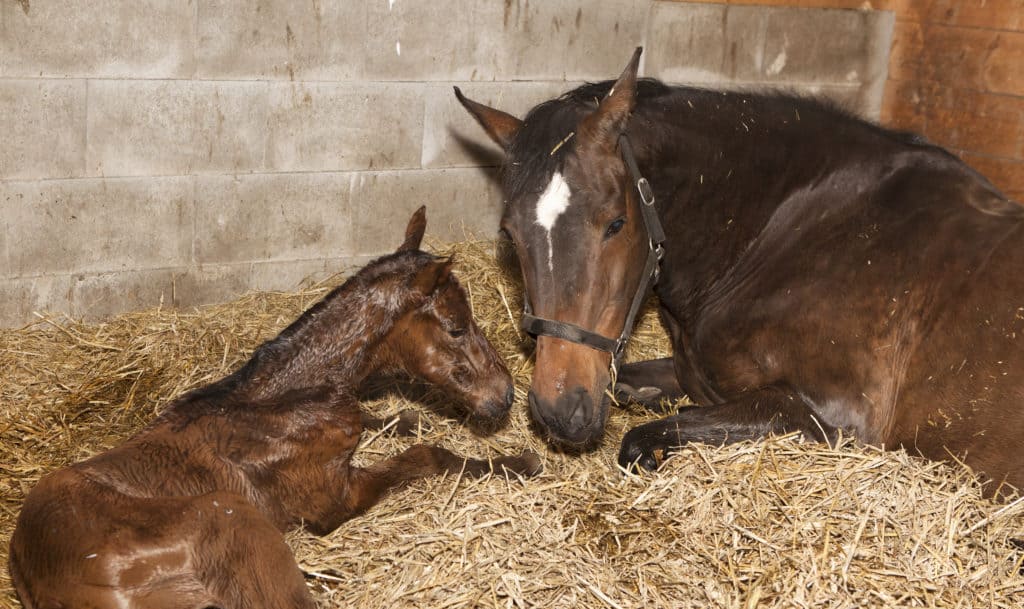
Ensure your foal has a smooth start to life and prompt treatment of any issues that might arise.
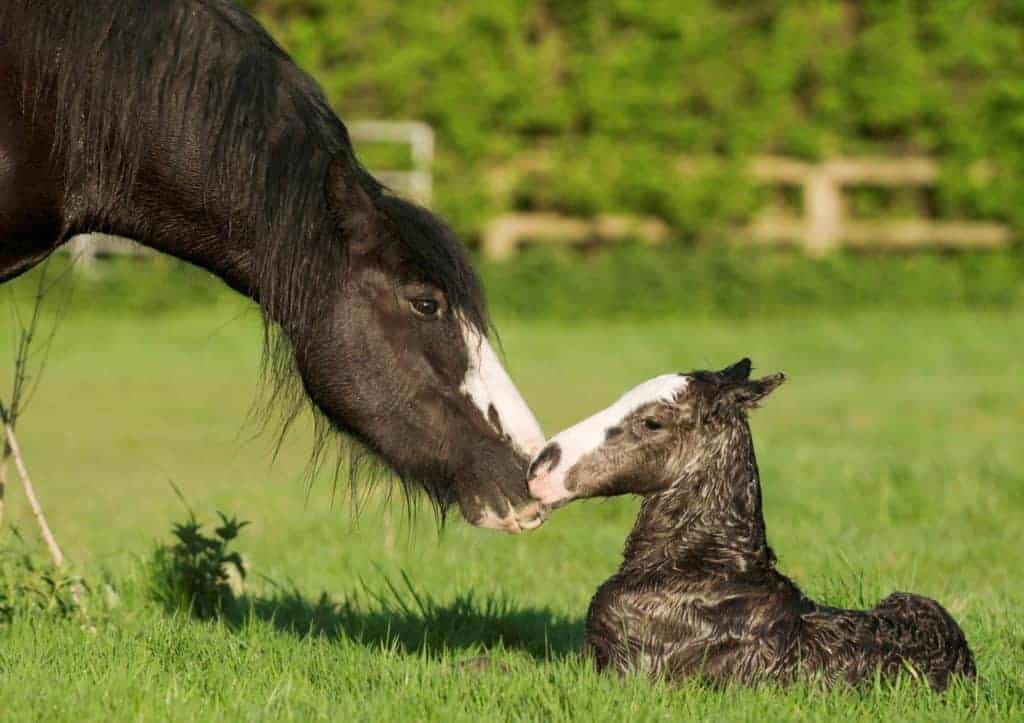
Do you have a foal due? Learn how to prepare your mare for foaling, care for your newborn, and spot issues early.
This case, confirmed in a horse that recently shipped from Oregon, is not related to ones diagnosed in December 2017 at a different facility.
The two horses at Turfway Park that tested positive for EHV earlier in the week have been isolated at a private facility.

A second horse at the affected farm was diagnosed with equine herpes myeloencephalopathy (EMH).

A 6-year-old Quarter Horse gelding located near Gillette was euthanized. Tests results on a second horse remain pending.
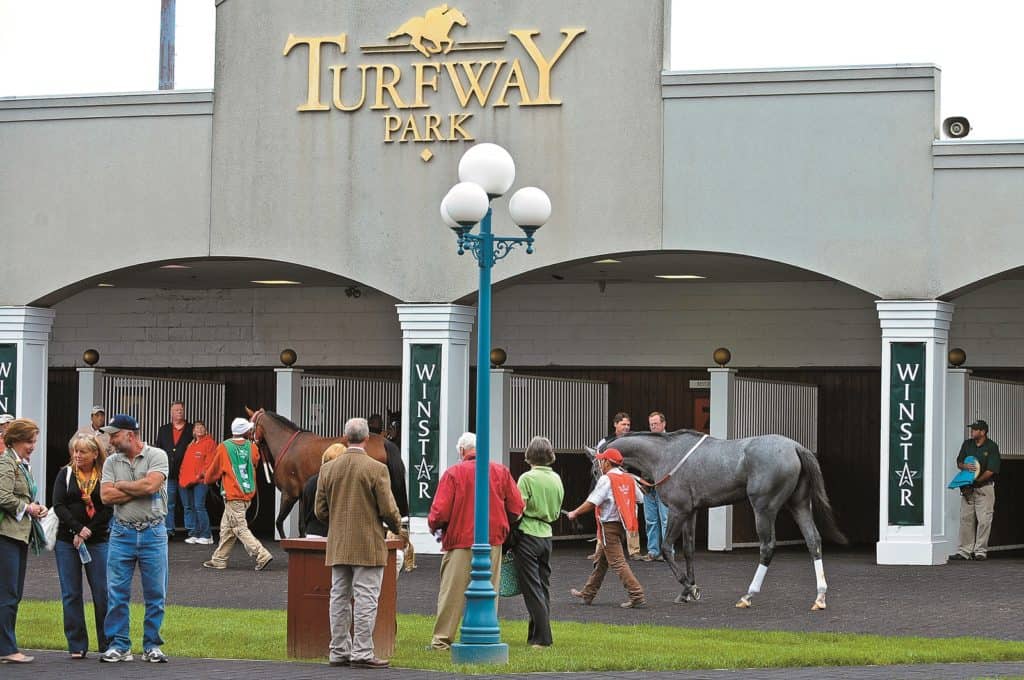
Two additional horses from the quarantined barn at Turfway Park tested positive for EHV-1, animal health officials said Feb. 6.

The Ohio Department of Agriculture (ODA) reported Feb. 2 that it has confirmed equine herpesvirus-1 (EHV-1) cases in four horses at separate locations around the state.

A 3-year-old Thoroughbred found unable to rise in his stall was euthanized after testing positive for EHV-1.
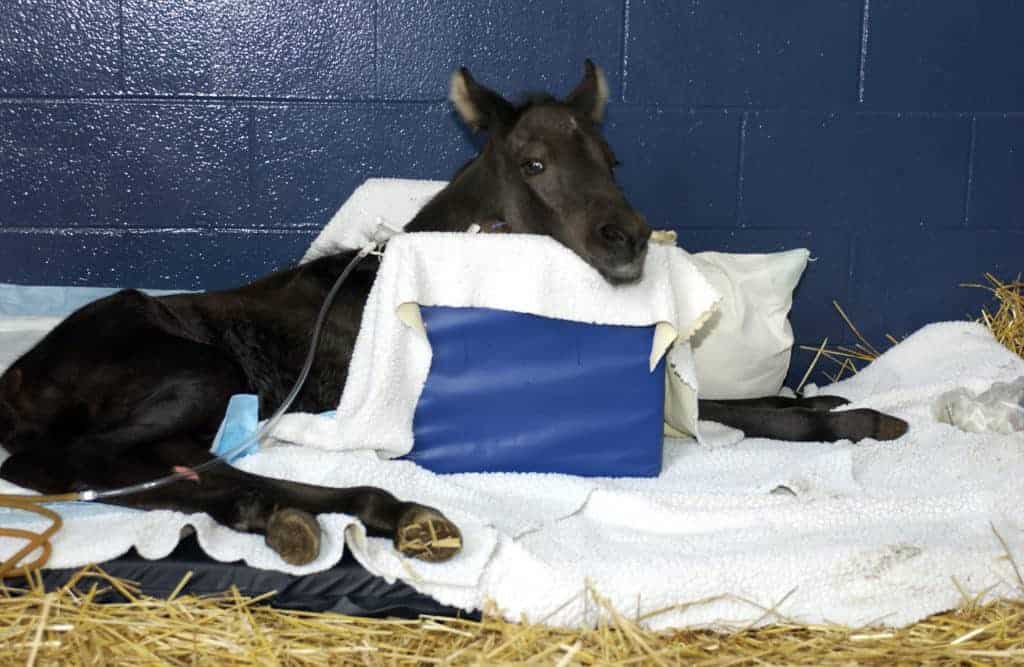
Researchers found that surgical correction of a patent urachus or infected umbilical remnants often has a good outcome.

If foals are diagnosed and treated early they generally have a fair to good chance to make a full recovery.

Removing the ovaries won’t fix other issues, from static shock to bladder adhesions, that can make mares behave badly.
Stay on top of the most recent Horse Health news with
"*" indicates required fields